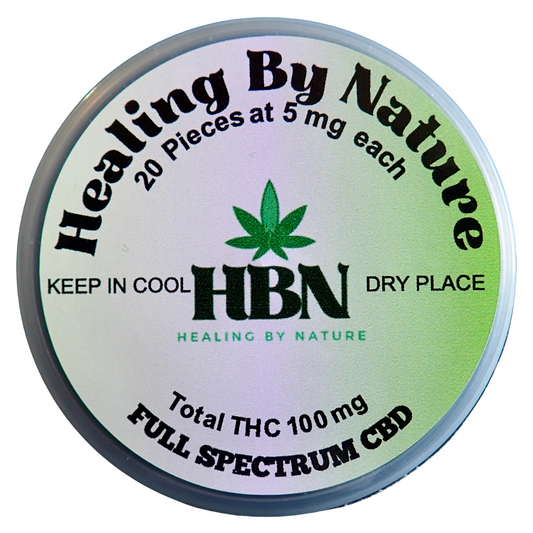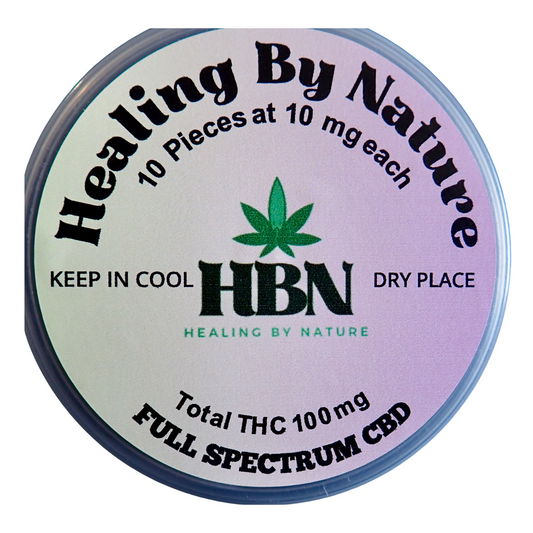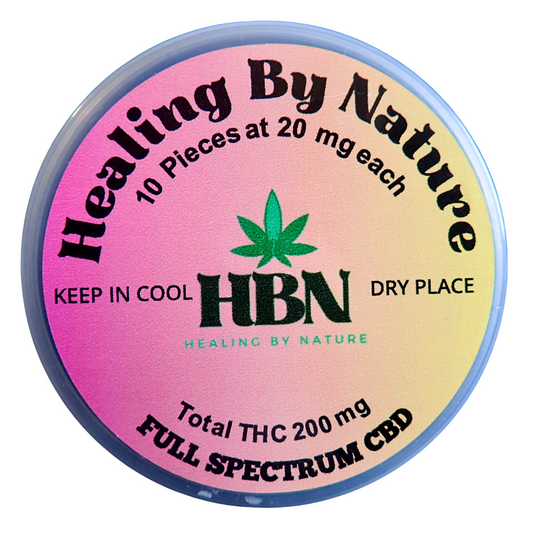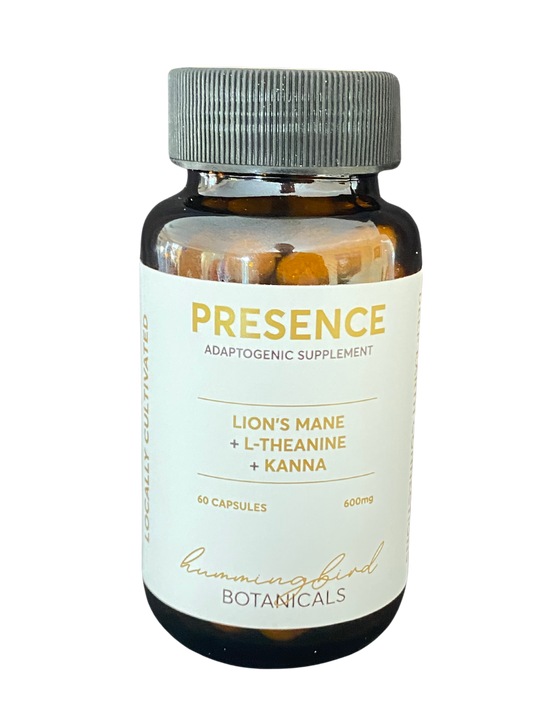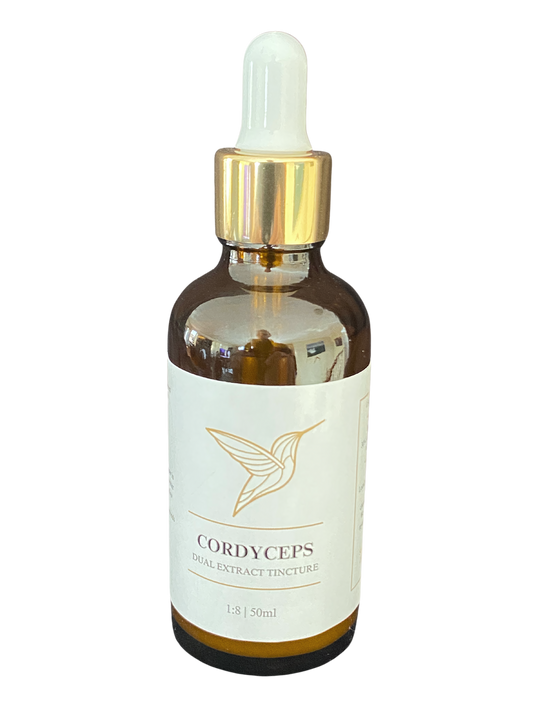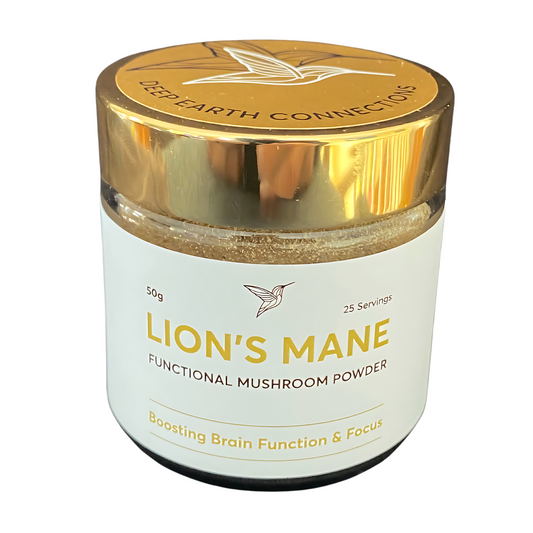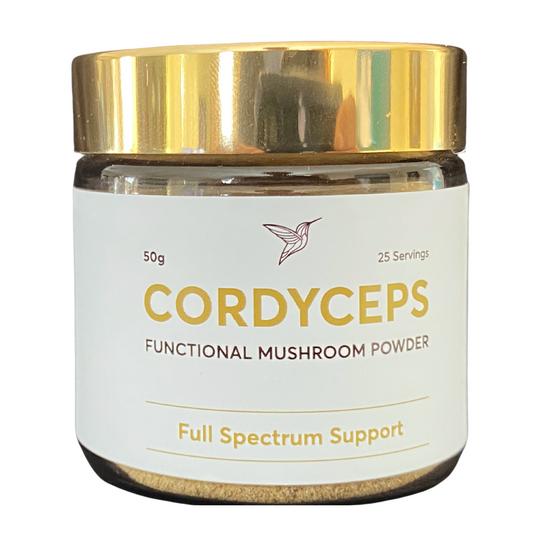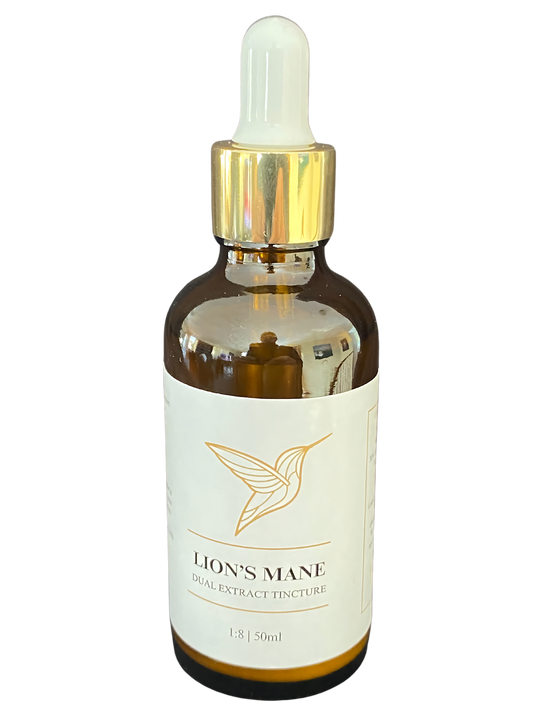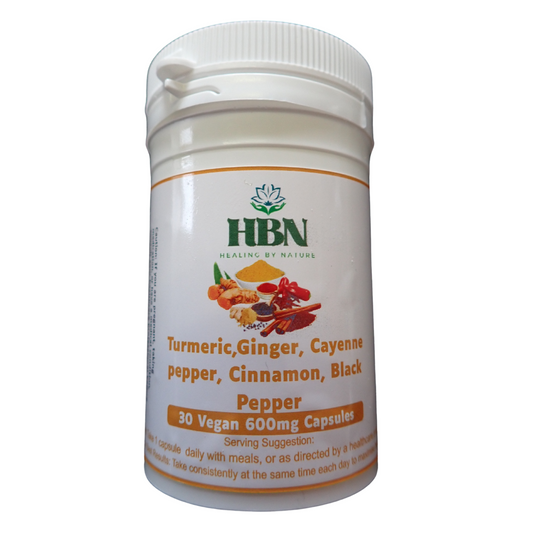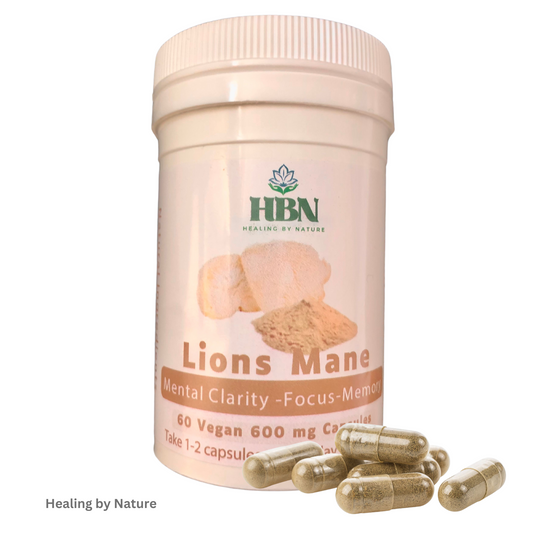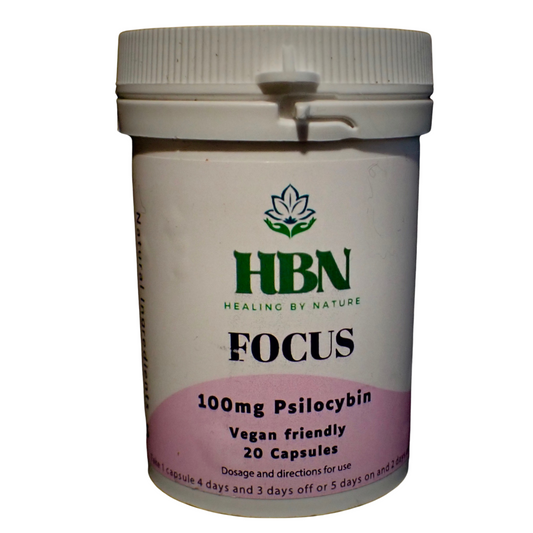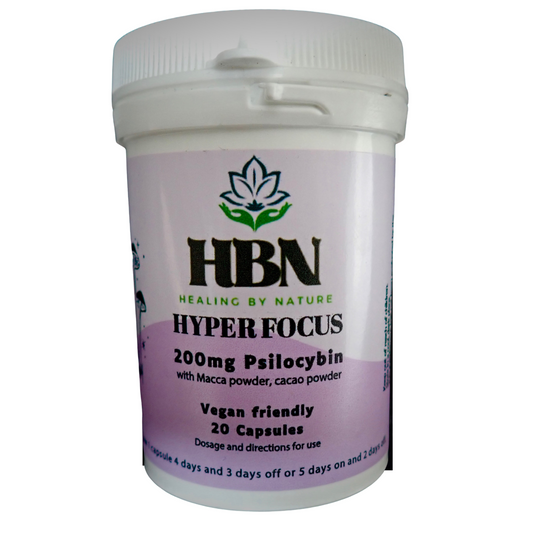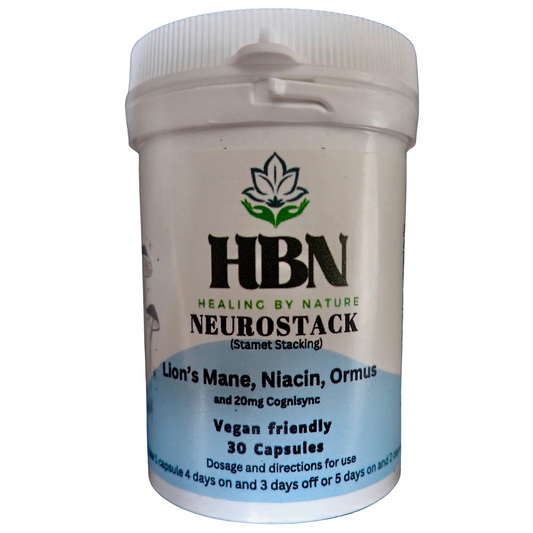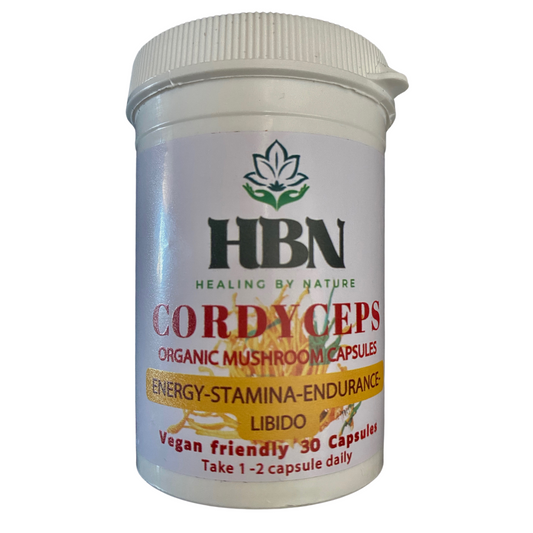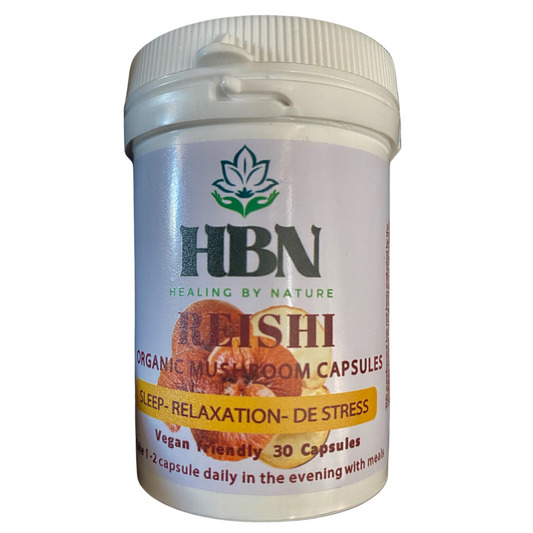What are Lion’s Mane Mushrooms?
Lion’s Mane mushrooms, scientifically known as *Hericium erinaceus*, are a type of edible mushroom that resemble a lion’s mane, hence their name. They have long, cascading spines that are white or cream in color. Known for their culinary and medicinal uses, Lion’s Mane mushrooms have been utilized in traditional Chinese and Japanese medicine for centuries.
Where Can You Find Them?
Lion’s Mane mushrooms are native to North America, Europe, and Asia. They naturally grow on hardwood trees, particularly oak, maple, and beech, in late summer and fall. They can also be cultivated on sawdust or logs, making them accessible year-round through specialty mushroom growers.
Who is Lion’s Mane For?
Lion’s Mane mushrooms are suitable for individuals looking to:
- Improve cognitive function and brain health.
- Support nervous system health.
- Enhance mental clarity and focus.
- Boost immune system function.
- Reduce inflammation and oxidative stress.
Benefits of Lion’s Mane Mushrooms
1. **Cognitive Function**: Lion’s Mane mushrooms are renowned for their neuroprotective properties. They stimulate the production of nerve growth factor (NGF), a protein essential for the growth, maintenance, and survival of nerve cells. This may enhance cognitive function, memory, and focus.
2. **Nervous System Health**: By promoting NGF production, Lion’s Mane supports the repair and regeneration of nerve cells, potentially benefiting individuals with neurodegenerative conditions like Alzheimer’s and Parkinson’s disease.
3. **Immune Support**: Lion’s Mane contains polysaccharides and beta-glucans that boost the immune system by enhancing the activity of immune cells, helping the body fend off infections and illnesses.
4. **Anti-Inflammatory Properties**: The anti-inflammatory compounds in Lion’s Mane help reduce inflammation, which is beneficial for managing chronic inflammatory conditions like arthritis.
5. **Antioxidant Benefits**: Rich in antioxidants, Lion’s Mane mushrooms protect cells from oxidative stress and damage caused by free radicals, contributing to overall cellular health and longevity.
6. **Digestive Health**: Lion’s Mane may support digestive health by promoting the growth of beneficial gut bacteria and protecting the stomach lining from ulcers.
Suggested Dosage
The appropriate dosage of Lion’s Mane mushrooms can vary depending on the form of the supplement and individual health needs. Here are general guidelines:
- **Dried Powder**: 1 to 3 grams per day.
- **Extracts (Tinctures or Capsules)**: 500 to 1000 mg per day.
- **Teas**: Consuming Lion’s Mane tea once or twice daily.
It's advisable to start with a lower dose and gradually increase it to assess tolerance. Consulting with a healthcare provider for personalized dosing is recommended.
Possible Side Effects
Lion’s Mane mushrooms are generally considered safe for most people. However, some individuals may experience side effects, particularly with high doses or long-term use. These may include:
- Digestive upset, such as bloating or nausea.
- Allergic reactions in individuals sensitive to mushrooms.
- Skin rashes in rare cases.
Summary of Lion’s Mane Mushrooms
Lion’s Mane mushrooms (*Hericium erinaceus*) are a remarkable natural supplement with a wide range of health benefits. Known for their ability to support cognitive function, nerve health, immune system function, and overall cellular health, they are a valuable addition to any wellness routine. While generally safe, it's important to follow appropriate dosages and consult with a healthcare provider to ensure they align with your health needs. By incorporating Lion’s Mane mushrooms into your daily regimen, you can harness their potential to support a healthier, more vibrant life.

